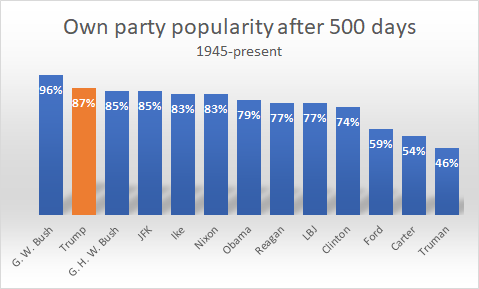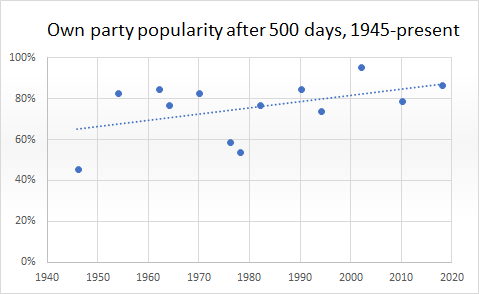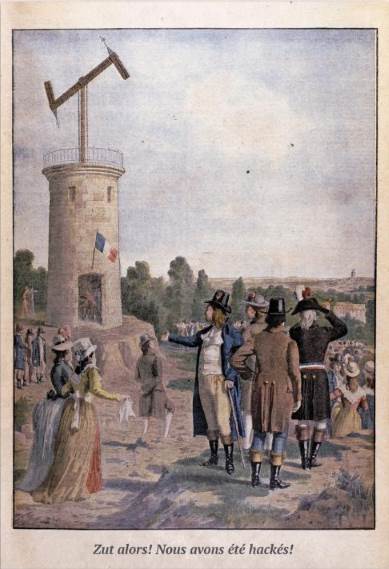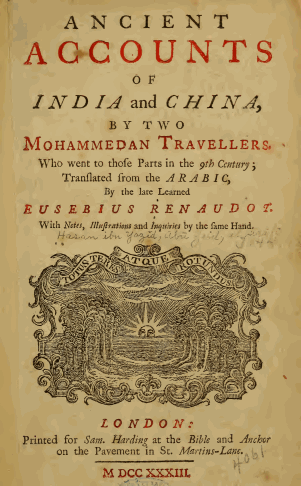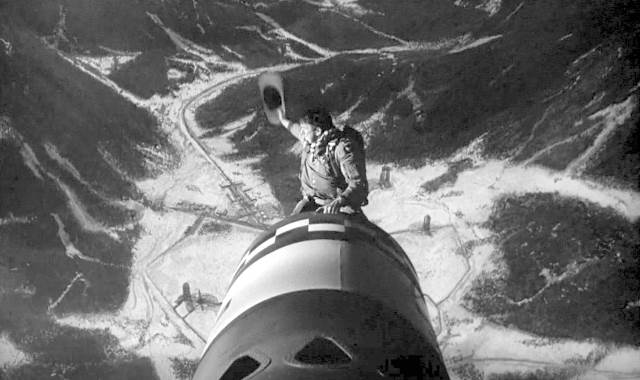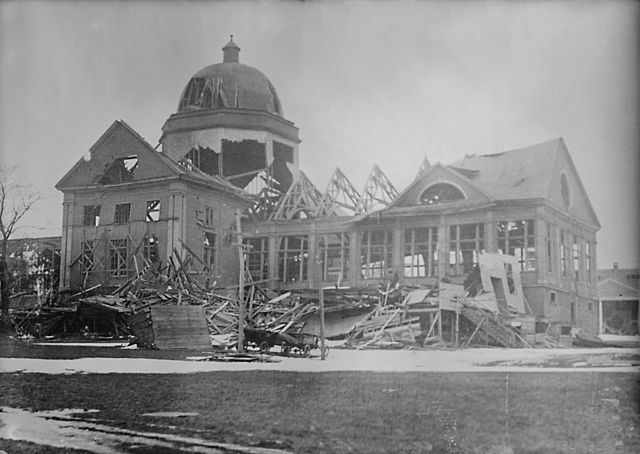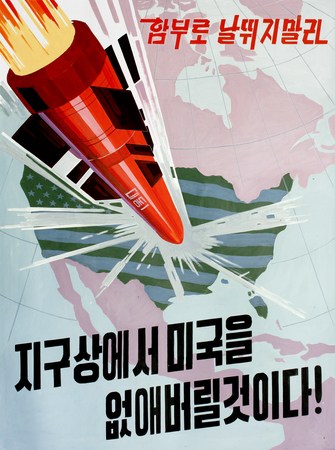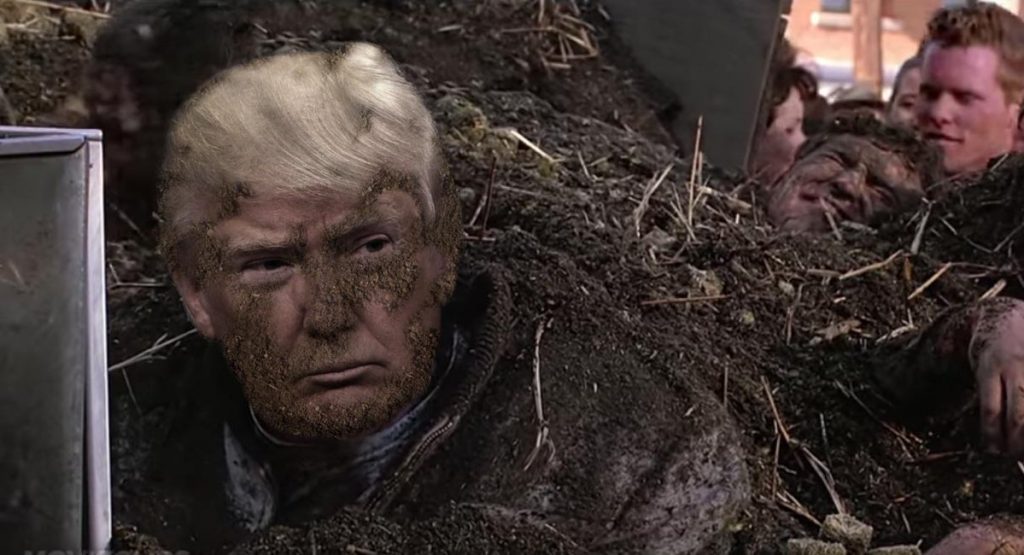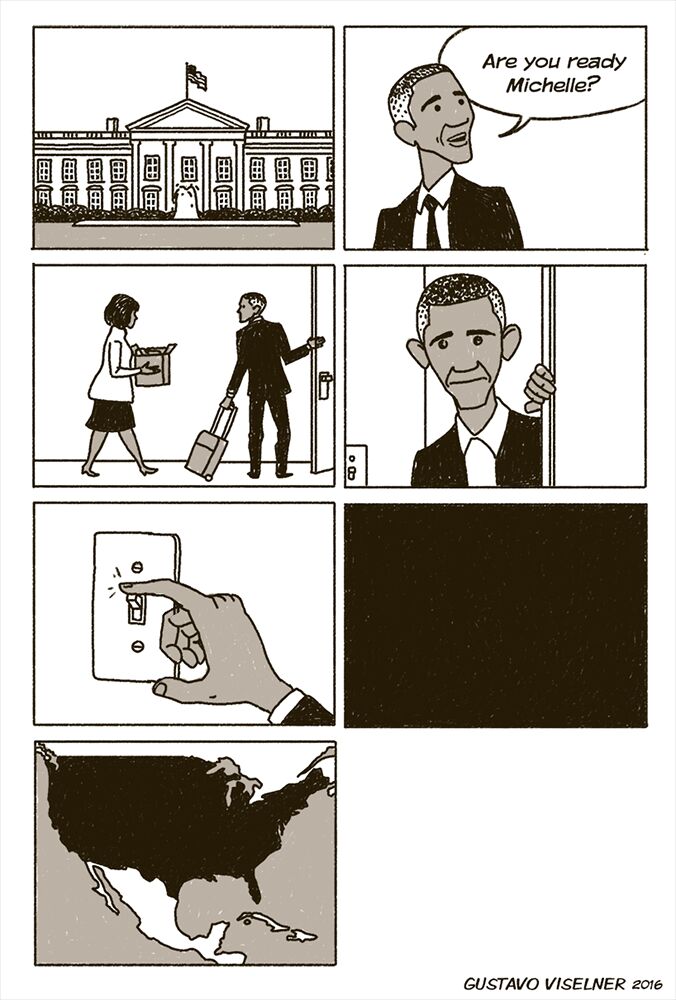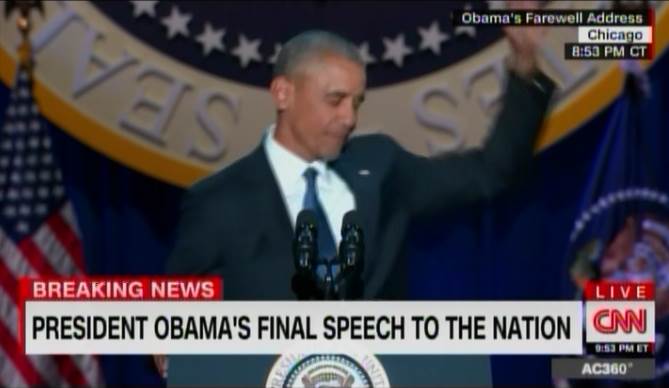Today, I answered a question on Quora about the nature of \(c\), the speed of light, as it appears in the one equation everyone knows, \(E=mc^2.\)
I explained that it is best viewed as a conversion factor between our units of length and time. These units are accidents of history. There is nothing fundamental in Nature about one ten millionth the distance from the poles to the equator of the Earth (the original definition of the meter) or about one 86,400th the length of the Earth’s mean solar day. These units are what they are, in part, because we learned to measure length and time long before we learned that they are aspects of the same thing, spacetime.
And nothing stops us from using units such as light-seconds and seconds to measure space and time; in such units, the value of the speed of light would be just 1, and consequently, it could be dropped from equations altogether. This is precisely what theoretical physicists often do.
But then… I commented that something very similar takes place in aviation, where different units are used to measure horizontal distance (nautical miles, nmi) and altitude (feet, ft). So if you were to calculate the kinetic energy of an airplane (measuring its speed in nmi/s) and its potential energy (measuring the altitude, as well as the gravitational acceleration, in ft) you would need the ft/nmi conversion factor of 6076.12, squared, to convert between the two resulting units of energy.
As I was writing this answer, though, I stumbled upon a blog entry that discussed the crazy, mixed up units of measure still in use worldwide in aviation. Furlongs per fortnight may pretty much be the only unit that is not used, as just about every other unit of measure pops up, confusing poor pilots everywhere: Meters, feet, kilometers, nautical miles, statute miles, kilograms, pounds, millibars, hectopascals, inches of mercury… you name it, it’s there.
Part of the reason, of course, is the fact that America, alone among industrialized nations, managed to stick to its archaic system of measurements. Which is another historical accident, really. A lot had to do with the timing: metric transition was supposed to take place in the 1970s, governed by a presidential executive order signed by Gerald Ford. But the American economy was in a downturn, many Americans felt the nation under siege, the customary units worked well, and there was a conservative-populist pushback against the metric system… so by 1982, Ronald Reagan disbanded the Metric Board and the transition to metric was officially over. (Or not. The metric system continues to gain ground, whether it is used to measure bullets or Aspirin, soft drinks or street drugs.)
Yet another example similar to the metric system is the historical accident that created the employer-funded healthcare system in the United States that American continue to cling to, even as most (all?) other advanced industrial nations transitioned to something more modern, some variant of a single-payer universal healthcare system. It happened in the 1920s, when a Texas hospital managed to strike a deal with public school teachers in Dallas: For 50 cents a month, the hospital picked up the tab of their hospital visits. This arrangement became very popular during the Great Depression when hospitals lost patients who could not afford their hospital care anymore. The idea came to be known as Blue Cross. And that’s how the modern American healthcare system was born.
As I was reading this chain of Web articles, taking me on a tour from Einstein’s \(E=mc^2\) to employer-funded healthcare in America, I was reminded of a 40-year old British TV series, Connections, created by science historian James Burke. Burke found similar, often uncanny connections between seemingly unrelated topics in history, particularly the history of science and technology.
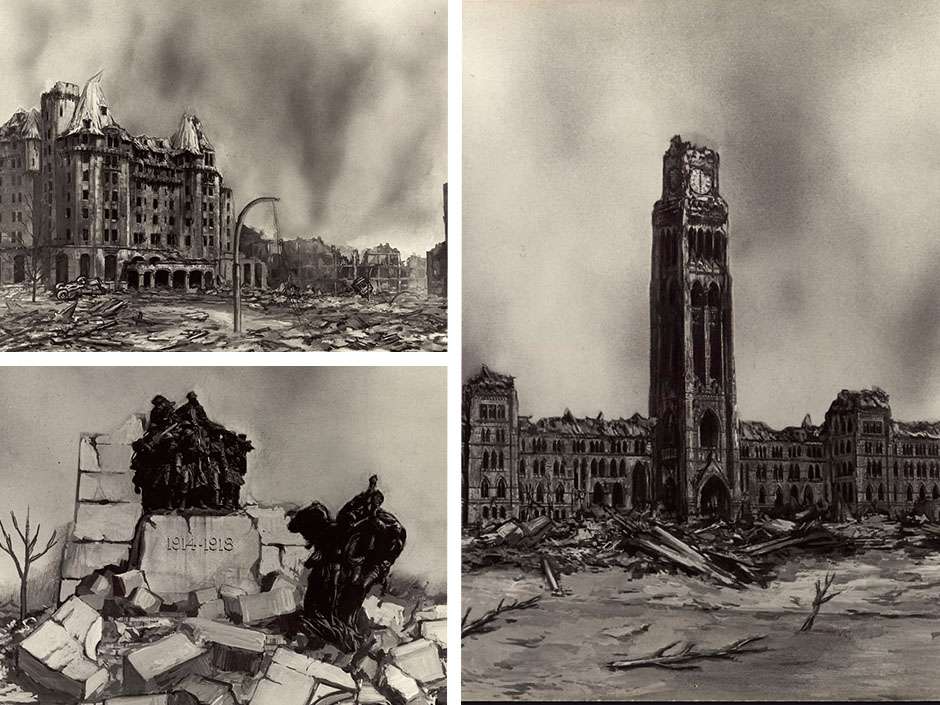

 One hundred years ago today, at 11 AM Paris time (the eleventh hour of the eleventh day of the eleventh month), the War to End All Wars itself ended.
One hundred years ago today, at 11 AM Paris time (the eleventh hour of the eleventh day of the eleventh month), the War to End All Wars itself ended.

